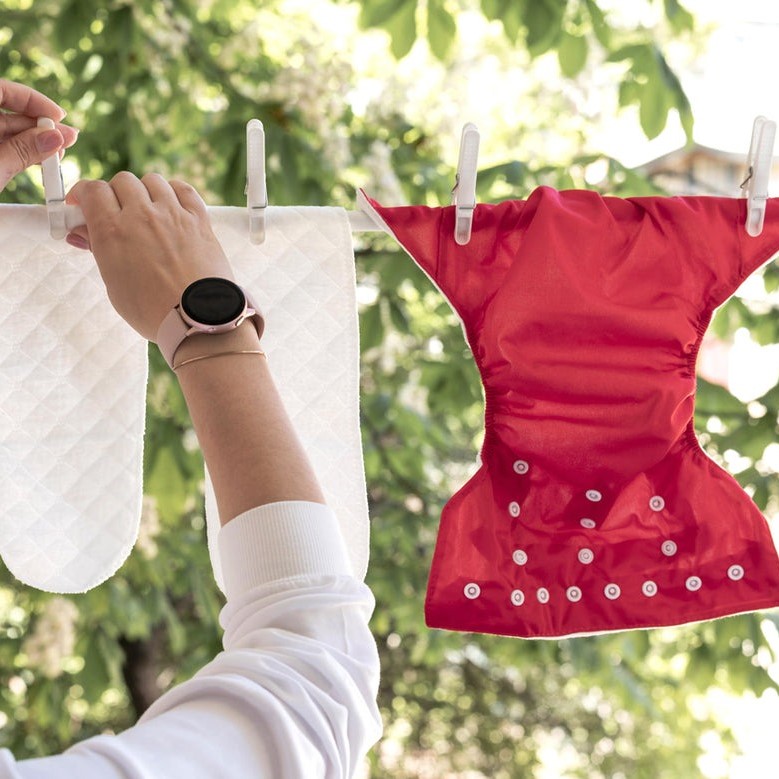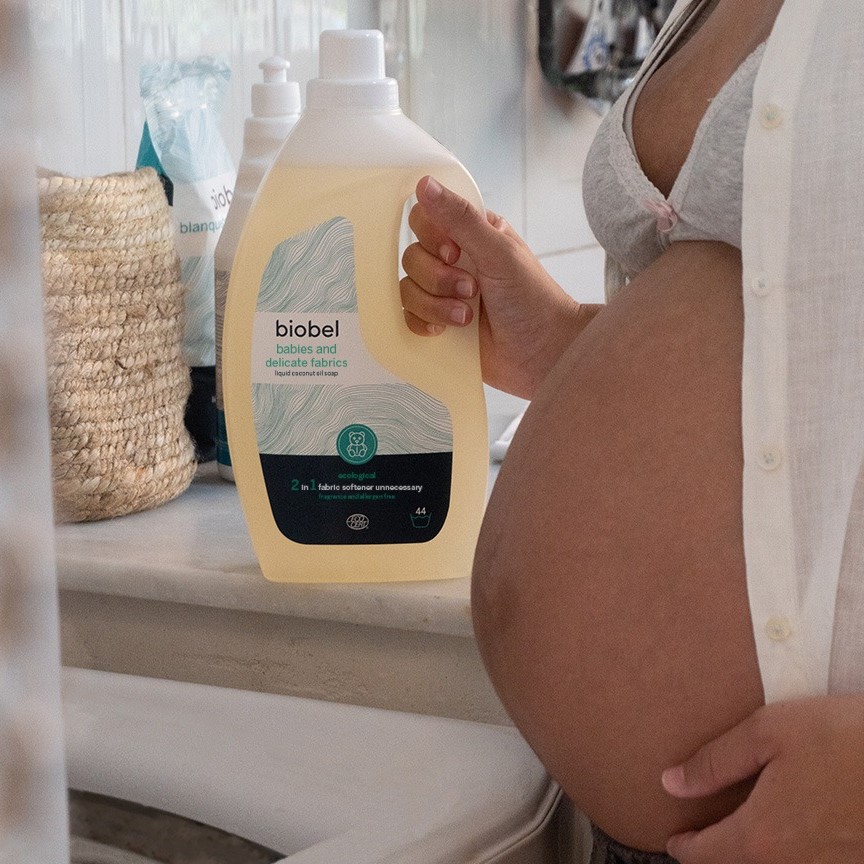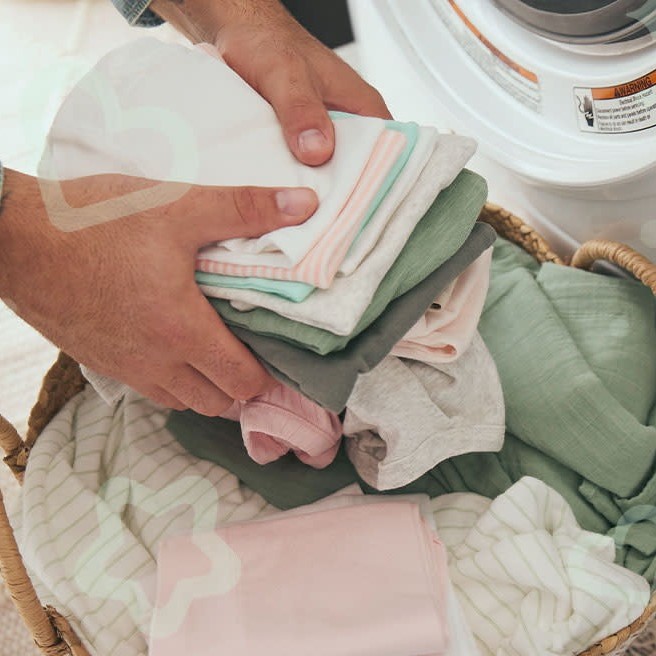Physical Address
304 North Cardinal St.
Dorchester Center, MA 02124
Physical Address
304 North Cardinal St.
Dorchester Center, MA 02124

Welcoming a new baby is an exciting journey, and one of the essential preparations includes knowing when to wash baby clothes before birth. It’s not just about having everything clean; it’s also about ensuring the baby’s skin is safe from allergens and potential irritants. Here’s a comprehensive guide on why and how you should approach this task, covering various aspects like timing, safety, and organization.
New parents often wonder about the best ways to prepare for their little one’s arrival. One key aspect is newborn clothing care. It’s crucial to ensure all clothing is clean, soft, and safe for your baby’s sensitive skin. This section will guide you through essential tips and considerations for handling newborn clothes, from the type of detergent to use, to the proper washing techniques. Understanding these basics can help you ensure your baby’s comfort and health. Let’s delve into the specifics of how to prepare your baby’s wardrobe before they even arrive.

As the due date approaches, preparing your baby’s closet becomes a priority. Clean clothes are a must for your newborn’s health and comfort. Here’s how to get started.
When choosing a detergent for washing baby clothes before birth, look for mild, fragrance-free options. Harsh chemicals and strong scents can irritate your baby’s delicate skin. Opt for hypoallergenic or detergents labeled ‘free and clear’ of dyes and perfumes. These are gentler on the skin and reduce the chances of causing rashes or allergies.
While soft clothes are cozy, not all fabric softeners are suitable for infant wear. Some fabric softeners can reduce the flame retardancy of baby clothes, which is an essential safety feature. Additionally, the extra chemicals in fabric softeners can also be an irritant. If you do use a fabric softener, make sure it’s baby-friendly, free from strong perfumes, and used sparingly. However, often the best choice is to skip it altogether for your newborn’s garments.
When preparing baby clothes before birth, washing them correctly is vital. Here are straightforward steps to ensure the clothes are ready for your newborn.
Start by sorting the baby clothes. Group them by color and fabric type. This prevents color bleeding and protects delicate fabrics. Sort clothes into whites, colors, and darks. Place delicate items in a mesh laundry bag to prevent damage.
Before washing, check each item’s care label. Follow specific instructions for water temperature and cycle type. Pre-treat any visible stains. Use cold water for initial rinses to reduce shrinkage and color spreading. If using a machine, choose a gentle cycle. For hand-washing, use a clean tub with mild detergent. Rinse clothes thoroughly to remove all soap. This step is crucial for keeping your baby’s skin safe from irritation.

When it comes to baby clothes, stains are almost inevitable. From feeding time mishaps to diaper leaks, new parents quickly learn that a stain-free outfit is a rarity. Understanding how to address different types of stains can save your baby’s clothes from permanent damage.
Several types of stains commonly appear on baby clothes. These include:
To effectively remove stains from baby clothes, act quickly and follow these steps:
By using gentle techniques and paying extra attention to stained areas, you can keep your newborn’s clothes looking fresh and clean for longer.
After washing baby clothes, proper drying and storage are crucial to maintain their quality and hygiene.
Drying baby clothes carefully can prevent damage and ensure they remain soft and comfortable. Here are a few best practices:
Proper storage not only keeps baby clothes organized but also protects them from dust, moisture, and pests.
By following these guidelines, when to wash baby clothes before birth becomes less daunting, and you can ensure that each item remains in excellent condition until your baby needs to wear them.

Taking care of preemies or babies with sensitive skin requires extra caution. Their delicate skin is more prone to irritation, rashes, and allergies. Therefore, parents must adopt special laundry practices when washing their newborn’s clothes.
For preemies and babies with sensitive skin, it’s vital to use hypoallergenic detergents. These detergents are free from fragrances, dyes, and irritants. They reduce the risk of skin reactions. Always opt for detergents designed for sensitive skin.
Always wash new clothes before your baby wears them. This removes any residual chemicals from manufacturing. It also ensures the clothes are free from potential irritants that could harm sensitive skin. For preemies, this step is non-negotiable.
After washing, rinse the baby clothes twice. A second rinse will help get rid of any detergent left in the clothes. This helps ensure that clothes are as clean and irritant-free as possible.
Instead of chemical fabric softeners, consider natural alternatives. For example, baking soda added in the wash can soften fabrics without harsh chemicals. Another option is to use vinegar during the rinse cycle, which can also soften clothes.
Dry clothes in a gentle, natural way. If you can, avoid the dryer and hang the clothes to dry. This prevents the rough action of a dryer that could irritate sensitive skin. If you need to use a dryer, choose a low heat, gentle cycle.
By considering these special tips, you can create a safe, comfortable wardrobe for your preemie or baby with sensitive skin. Washing baby clothes before birth, especially for these little ones, can provide them with a healthy start to life.
Deciding when to wash baby clothes before birth is vital for planning. Begin this task several weeks in advance. This gives you plenty of time to wash, dry, and organize everything. Aim to have all clothes ready by 35 weeks of pregnancy. This ensures that even if your baby arrives early, their clothes are clean and ready to go.
When approaching the final trimester, start the pre-washing process. It’s a good time as you nest and prepare your home. If you receive clothes from baby showers, wash them right away. This prevents any buildup of dust or contaminants.
Look at the calendar and set a date. Mark it as the day to start laundering those tiny clothes. In your last month, you can focus more on rest and other preparations. Having clothes ready ahead of time can make the first weeks with your newborn smoother. By organizing early, you avoid the stress of doing laundry with a newborn.
Once you’ve successfully washed your baby’s clothes, it’s important to store them properly. Knowing when to wash baby clothes before birth goes hand-in-hand with how you store these items afterward. Remember to follow the earlier outlined steps for safe and effective washing. Use the right detergent, sort clothes properly, and employ gentle drying techniques. Following these guidelines means your newborn’s clothes will be ready, soft, and safe to wear upon their arrival.